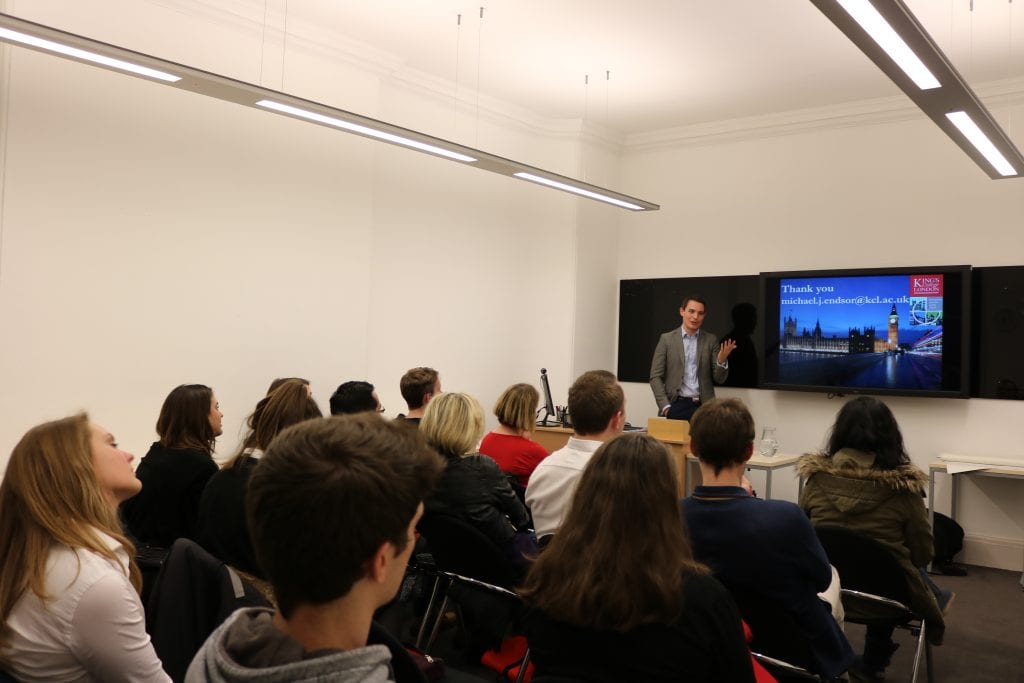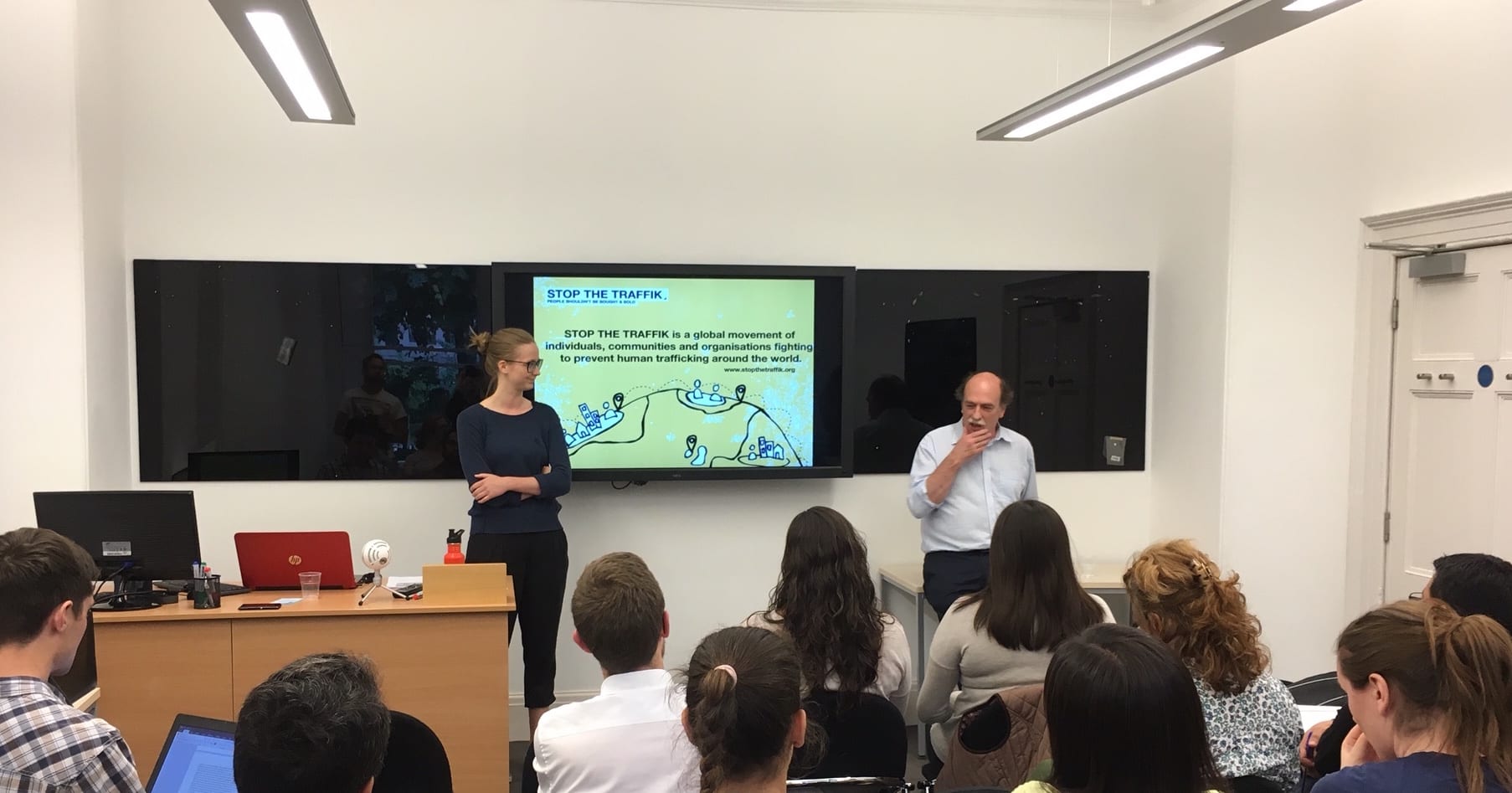
On Tuesday the 24th of January, we were privileged to welcome Michael Endsor, from King’s College London, to conduct a seminar addressing the factors associated with open source intelligence and the subject of ‘Organised Crime’. Michael is a research associate of the ‘International Centre for Security Analysis’, and eluded to the abundance of information available through social media for the collection, analysis and processing of intelligence.
The boom of social media in the last decade has spread internationally, with the example of Facebook reaching 1.79 billion users at the end of 2016. Michael explained that social media can be used as a ‘database bank’ for the collection of information on various sources, and can positively enable law enforcement agencies to develop social networks within organisations. Furthermore, with the ever growing population of online users, law enforcement can use open source intelligence (OSINT) to better their understanding of the spatial mapping of the demand for illicit products, and their consequent supply chains.
The patterning of identifying criminal activity is observed differently within each of the media sites. However, similarities occur as a trending ‘hashtag’, where the user tags a post with a specific code, enabling other interested users to interact and create online networks. Popular tags include ‘#junkiesofiggg, #dope, #ilovedope, etc.’ Michael’s primary focus within the seminar was ‘Instagram’, as patterns are observable in imaging as well as text. He described the characteristics of certain images, where an individual enjoys flaunting their wealth through designer products, and large sums of cash; while others directly display the illicit product they are trying to sell.
Instagram has tried to block certain hashtags from trending and existing altogether, however this has not seen a reduction in criminal activity, as extra letters have been added to the tag in order to avoid the security protocols. The most popular form of criminal activity on social media is the distribution of drugs.
The advantage to law enforcement is the insight into names/coding of products, the packaging of certain drugs, the regions of distribution (due to geolocation tagging on images), the individuals involved in such a transaction, and the observation of proliferating online networks. Through the analysis of tags, shares and direct messaging (DM), law enforcement are able to trace products back to the distributer are consequently spark an investigation for an arrest. This can also lead to the research into open source hotspot mapping (both temporal and spatial) for specific use of illicit produce and the supply demand markets of these.

Michael’s research paper ‘A structural Analysis of Social Media Networks: A Reference Guide for Analysts & Policymakers’ is a brilliant example of how intelligence can be gathered from public, and even private accounts, of social media.
The views expressed in this blog post are the authors own and do not necessarily represent the views of UCL, the Department of Security and Crime Science or the UCL Organised Crime Research Network.

 Close
Close







